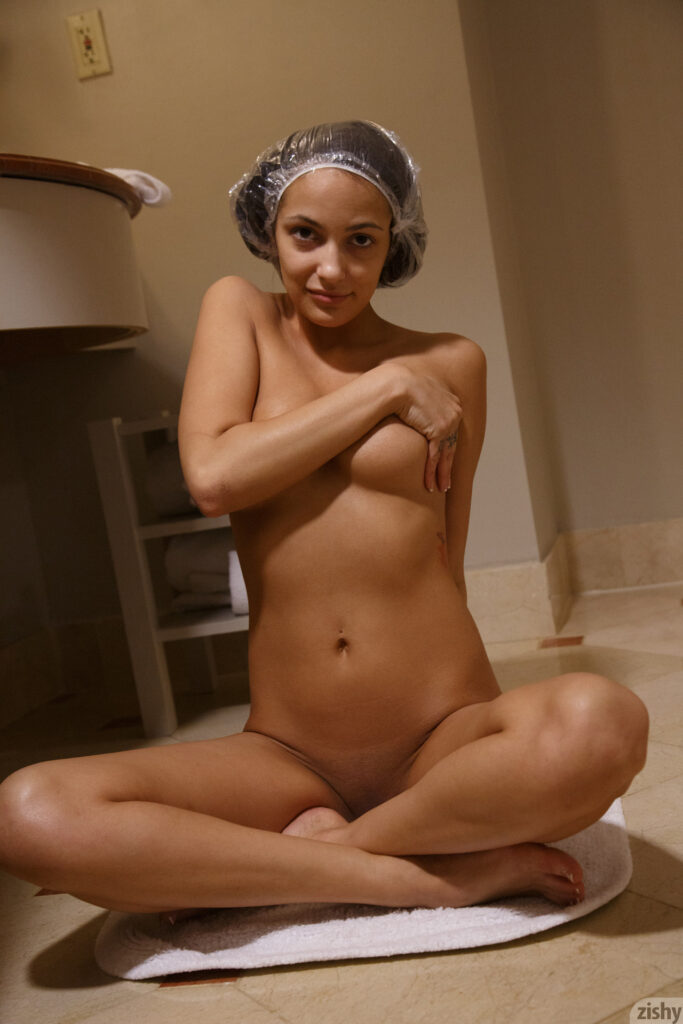Erotic literature, also known as erotica, has been a part of human culture for centuries, yet it remains a controversial and often misunderstood genre. At its core, erotic literature is a form of storytelling that explores human desire, sexuality, and intimacy. It can range from romantic and sensual to explicit and graphic, depending on the author’s intentions and the reader’s preferences.
One common misconception about erotic literature is that it is equivalent to pornography. While both genres deal with sexual themes, they differ in their goals and methods. Pornography is primarily focused on providing visual stimulation for sexual arousal, often prioritizing explicit imagery over narrative or character development. Erotic literature, on the other hand, emphasizes the power of language and imagination to evoke emotional and physical responses. It can be a tool for exploring one’s own desires, improving communication with sexual partners, or simply enjoying a well-crafted story.
Erotic literature has a rich history, with examples dating back to ancient Greece and Rome. The works of Sappho, for instance, are considered some of the earliest examples of erotic poetry. In more recent times, authors such as Anais Nin, Henry Miller, and D.H. Lawrence have pushed the boundaries of what is considered acceptable in literary circles, often facing censorship and backlash for their explicit content.
Despite its long tradition, erotic literature continues to face challenges and stigma in many societies. Some critics argue that it is degrading or objectifying, while others claim that it is harmful or addictive. However, these arguments often overlook the potential benefits of erotic literature, such as its ability to promote sexual health and well-being, enhance creativity and imagination, and foster a deeper understanding of human relationships.
Moreover, erotic literature can be a valuable tool for exploring and challenging societal norms around sexuality. By presenting alternative perspectives and scenarios, it can help readers question their assumptions and biases, and develop a more nuanced and inclusive view of human sexuality. It can also provide a safe and consensual outlet for exploring fantasies and desires that may be difficult or impossible to enact in real life.
Of course, like any form of media, erotic literature is not without its risks and drawbacks. It is important for readers to exercise discretion and judgment when selecting and engaging with erotic material, and to be mindful of the potential impacts on their mental and emotional well-being. It is also crucial to recognize that not all erotic literature is created equal, and that some works may perpetuate harmful stereotypes or promote unsafe or non-consensual behaviors.
In conclusion, erotic literature is a complex and multifaceted genre that filme xxx online deserves more nuanced and respectful treatment than it often receives. While it may not be to everyone’s taste, it is a legitimate form of art and expression that can offer a wide range of benefits and insights. By embracing and engaging with erotic literature in a thoughtful and responsible manner, we can expand our horizons, challenge our assumptions, and deepen our understanding of human sexuality.

